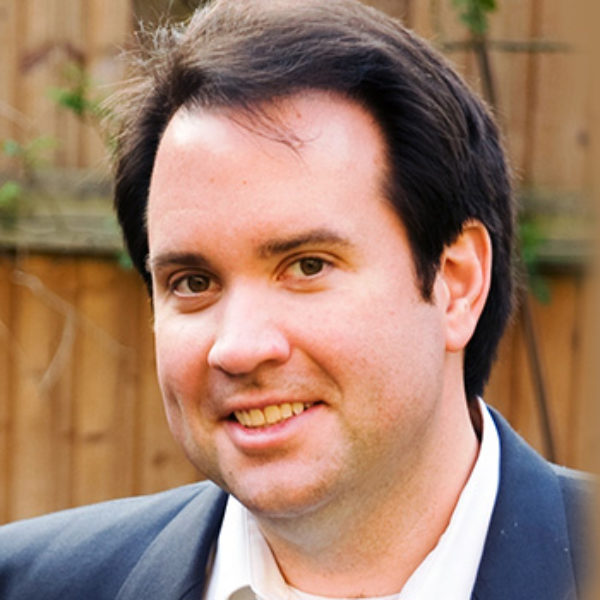Pope Francis, The Magenta Catholic
Lots of people are talking about our (still very new) Bishop of Rome — and especially his recent interview in America. Mark Silk says we have a “liberal” pope. So do Rod Dreher and many other commentators.
Do we? Perhaps it shows the limits of using secular political language that I’m not exactly sure what it means for Pope Francis to be considered “liberal” (thank goodness for America’s new editorial policy rejecting the use of secular political categories in a Catholic context), but most self-described Catholic liberals are against authoritarian popes. How does this pope describe himself in the interview?
My authoritarian and quick manner of making decisions led me to have serious problems and to be accused of being ultraconservative.
Catholic liberals are also generally suspicious of “pre-Vatican II” liturgical and devotional practices. Like use of the Latin language, praying of the rosary, and Eucharistic adoration. How does Pope Francis feel about these things? From the interview:
I pray the breviary [in Latin] every morning. I like to pray with the psalms. Then, later, I celebrate Mass. I pray the Rosary. What I really prefer is adoration in the evening, even when I get distracted and think of other things, or even fall asleep praying. In the evening then, between seven and eight o’clock, I stay in front of the Blessed Sacrament for an hour in adoration.
But if there is one thing we know after the America interview yesterday, Pope Francis wants us to lay off issues like abortion, right? Except the very next day after the interview was published, Pope Francis said the following in an address to gynecologists:
Every unborn child, condemned unjustly to be aborted, has the face of the Lord. Although by their nature they are at the service of life, health professions are sometimes induced to disregard life itself. If you lose the personal and social sensitivity towards the acceptance of a new life, then other forms of acceptance that are valuable for society also wither away. The acceptance of life strengthens moral fiber and makes people capable of mutual help.
The point Francis is making, which Benedict XVI and John Paul II have been making (less well) for decades, is that abortion is connected to a host of very important issues. If you obsess over abortion, you not only do a disservice to the Gospel (which is, of course, primary), you also paradoxically undermine your ability to work for justice of our prenatal children. One of the things which makes yesterday’s interview so powerful is that Francis has been far more effective in making this point than were his predecessors. But the point he made is perhaps the guiding principle of Benedict’s Caritas in Veritate.
Only in a world dominated by our lazy liberal/conservative, red/blue binary could Pope Francis be considered “liberal” simply because he doesn’t fit into “conservative” categories. Quite rightly, Francis is a magenta Catholic — unburdened by the totally inadequate secular political categories that almost everyone is once again using to discuss and judge his papacy. And he gives every sign that he will continue to confound the wisdom of our time — but this, of course, is precisely what we should expect from the Gospel.
